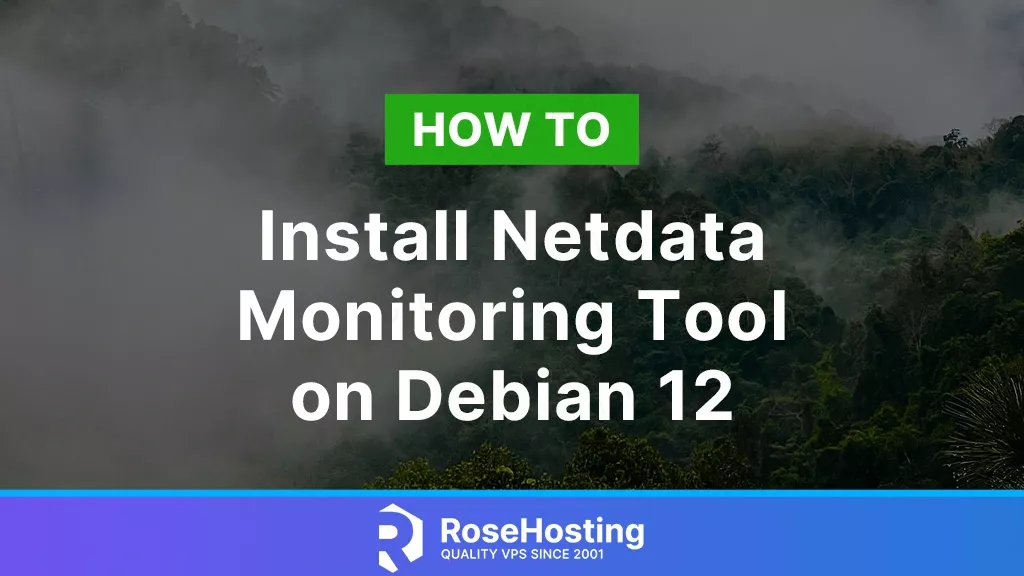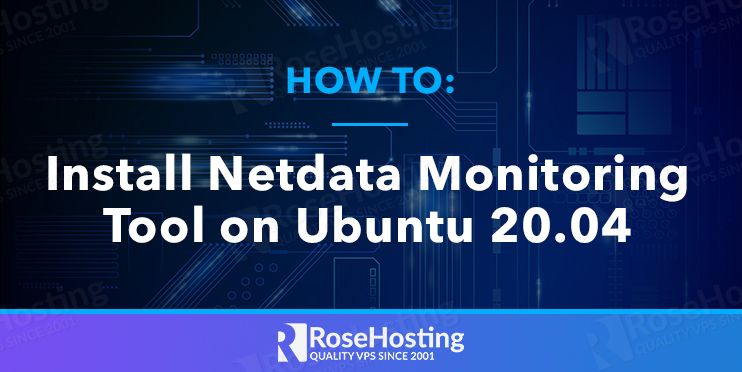
Netdata is an open-source tool to collect metrics per second as well as in real time. This includes but is not limited to disk read and write activity, CPU usage, bandwidth usage, etc. Netdata is designed to run on physical servers or containers. Netdata also offers real-time performance and health monitoring with easy-to-interpret charts. In this tutorial, we will show you how to install Netdata on Debian 12.




